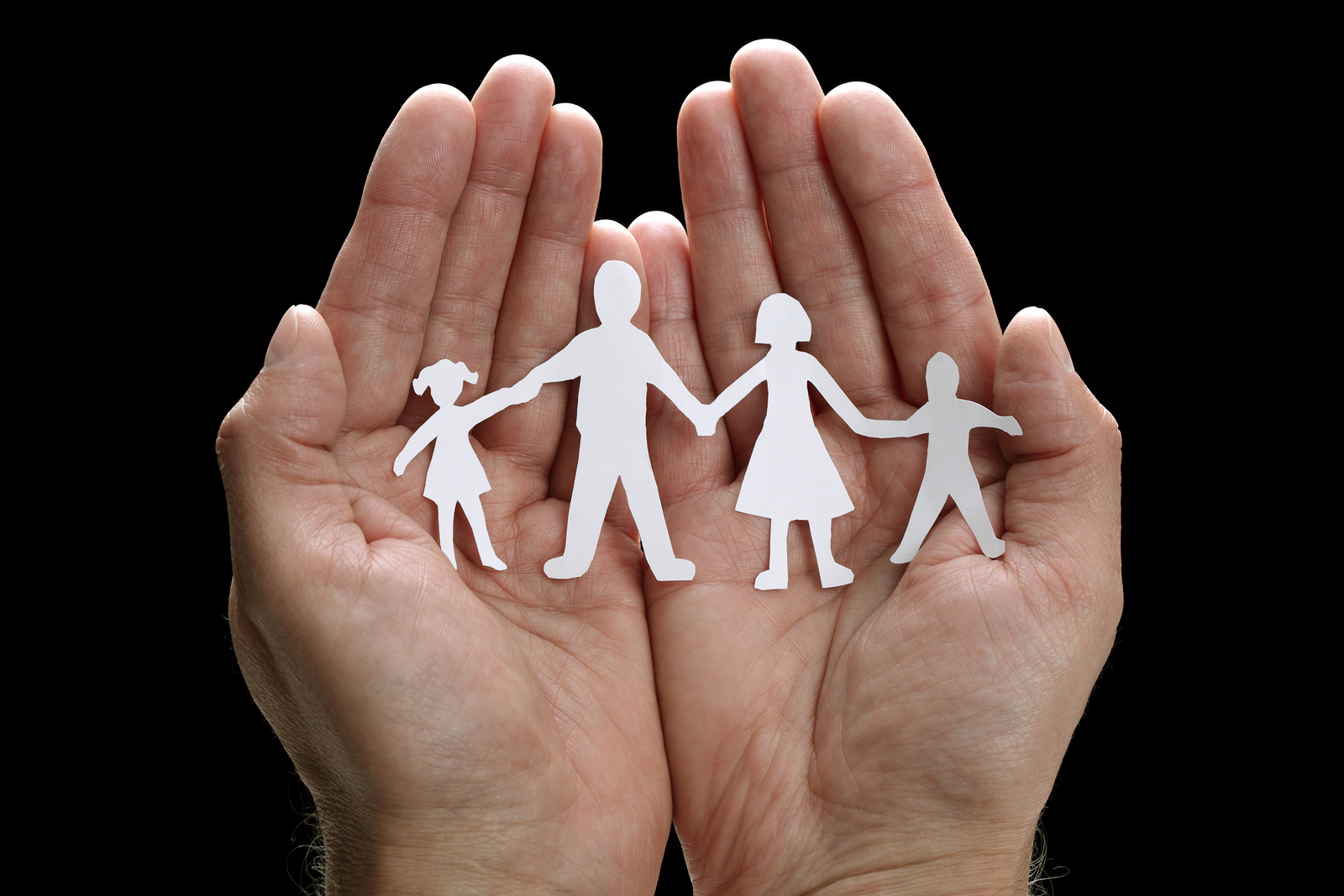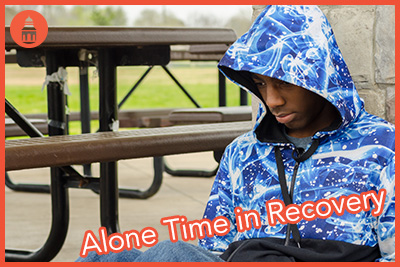
Preparing for a loved one’s return home from drug rehab can be exciting. It means the beginning of a new era and a sense of hope that the entire family may be able to heal, progress through what has happened, and enjoy a better future together.
But like all things in recovery, it helps to have a plan and a support system to help you navigate the process. Family members of people in drug rehab need just as much support and healing as the person living with addiction, and that continues when the person in recovery is back home.
Here are a few things to keep in mind before your loved one gets home, so you can have a plan of action that can begin immediately with the goal of making the transition into the new life of recovery as smooth as possible.
- Past issues and broken trust: It’s normal that you might have some regrets, residual anger, and unresolved emotions about some of the things that occurred during your loved one’s active addiction. Addiction can trigger truly abhorrent behaviors and heartless choices, and the people closest to the individual are often hurt the most.You can begin the process of healing before your loved one returns home by attending family therapy sessions or couples counseling as appropriate. In this safe and protected forum, both of you can vent your frustrations, explain the why and how of specific events, ask for what you need to fix the problem, and practice new positive communication skills. Undergoing this potentially painful process within the context of therapy means that both of you are supported by an objective third party and given the chance to practice the positive communication skills that will carry you through a lifetime.
- Your mental and physical health: You may be very focused on renewing your relationship with your loved one, or you may be feeling a little distant and concerned about how your loved one will adjust to the changes you made and to the change of living without drugs and alcohol. Hopefully, you took some time during your loved one’s absence at drug rehab to return some focus to you and your needs. Doctors’ appointments, dental checkups, therapy sessions, time with friends, and a renewed commitment to school or work – all the things that make up the components of your life outside of your loved one’s addiction that may have fallen to the wayside during that person’s active use of drugs and alcohol. Your schedule, and focus on your goals and commitments, should continue when your loved one gets home from treatment. If you are not functioning at your best, you will be unable to help your family member and be a positive part of family life.
- Improved communication: Though addiction drove the wedge between your loved one and others in the family, it was likely a breakdown in communication that served to make things worse. Learning how to get your needs met in an emotionally positive way is a critical part of recovery, not just for the addicted person but for other family members as well. You can begin this process by attending family therapy sessions and your own personal therapy session while your loved one is at treatment. You are encouraged to continue both of those therapies after your family member returns home, addressing challenges as they arise while also taking time to continue working on past issues if necessary and creating a new plan for the future that helps everyone to get what they need.
- Your level of involvement: You may feel like your responsibility to help your loved one should be your main priority in life, managing every detail and scheduling therapy sessions, medical appointments, and a return to work as needed. On the other hand, you may feel as if your loved one’s recovery is none of your business and hope to keep things as distant as possible. In most cases, your level of involvement with your loved one’s one recovery likely lies somewhere between the two. Take too heavy a hand and you deprive your loved one of the learning curve necessary to establish a new life in recovery that is motivating and self-sufficient. Take too little interest, and you risk alienating your loved one and contributing to the isolation that could become a threat to ongoing recovery. Ultimately, you should work with your family member to determine how little or how much that person wants you involved in recovery and balance that with your need to be involved. Work with a therapist to create a plan that helps you both walk that line together.
- Letting go of outcome: No matter how much you may want your loved one to stay sober or how invested you are emotionally, physically, or financially in that outcome, the fact is that you can’t make any choices for your family member. Whether or not your loved one remains active in recovery and drug-free for a few weeks, a few years, or a lifetime is not up to you. While you can be supportive and helpful to a degree, the course of your family member’s life in recovery is not your choice. Learning how to let go of the outcome of that person’s choices can be freeing, allowing you to be there for your loved one as needed but to continue to progress in other areas of your life that are important to your overall sense of balance and wellness.



